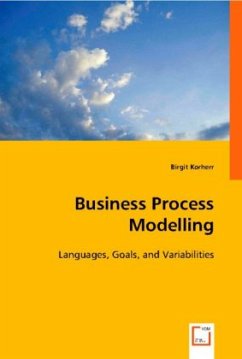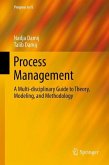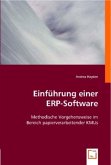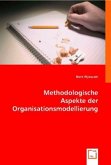Over the last decade more and more companies started to optimize their business processes in a way to meet its business goals. For this purpose a lot of different approaches to business process modelling languages (BPMLs) have been developed. Although BPMLs are well established in industry and science, a comprehensive evaluation or a framework for is still missing. Thus, it is the goal of this work to provide an evaluation framework for the comparison of BPMLs and to apply this framework in the evaluation of six well-known BPMLs. According to the evaluation we were able to identify three main problems in current BPMLs. The first problem is that the definition of the dependency between business processes and their supporting software systems is inadequately supported. The second problem concerns the variability of similar, but well-distinguished software products. Today, variability modelling is limited to the structural definition of similar software products. The third problem is that current BPMLs do not provide the modelling of process goals and their measures. During this work we will solve these three problems by using well-defined business process modelling technics.
Bitte wählen Sie Ihr Anliegen aus.
Rechnungen
Retourenschein anfordern
Bestellstatus
Storno








